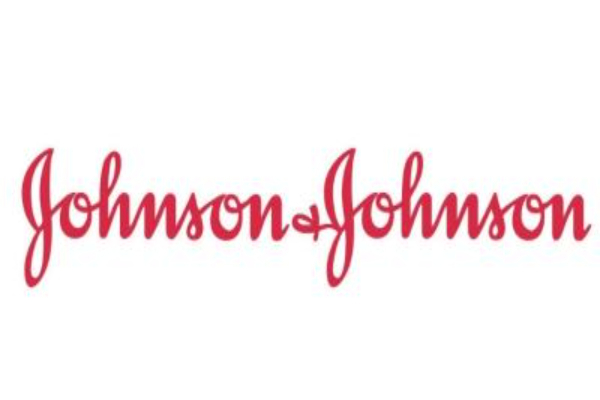Based on these promising results, Johnson & Johnson plans to move the program into a Phase 3 trial to further investigate subcutaneous amivantamab

Johnson & Johnson has announced that its subcutaneous formulation of the bispecific antibody amivantamab, also known as Rybrevant, achieved a 45% overall response rate (ORR) in patients with advanced head and neck squamous cell carcinoma (HNSCC). The positive results are from the Phase 1b/2 OrigAMI-4 study and were presented at the European Society for Medical Oncology (ESMO) Congress in October 2025.
The study involved patients with recurrent or metastatic HNSCC that was unrelated to HPV, and whose disease had progressed after receiving both platinum-based chemotherapy and PD-1/PD-L1 checkpoint inhibitors.
The 45% ORR significantly surpasses the response rates seen with the current standard-of-care treatments for this difficult-to-treat patient group.
The treatment demonstrated rapid effectiveness, with a median time to first response of just 6.4 weeks. The responses were also durable, with a median duration of response (DoR) of 7.2 months.
“Patients with recurrent or metastatic head and neck cancer face an aggressive disease that profoundly affects their quality of life,” said Professor Kevin Harrington, Professor in Biological Cancer Therapies at The Institute of Cancer Research and The Royal Marsden Hospital, London, and the study’s primary investigator. “These results represent one of the most encouraging response rates we’ve seen in this difficult-to-treat setting, with meaningful durability that could extend patients’ time without disease progression.”
The safety profile of SC amivantamab was consistent with previous studies, with no new safety signals observed. Among 86 patients who received at least one dose, the most common treatment-emergent adverse events were fatigue (31 per cent), hypoalbuminemia (31 per cent), and stomatitis (23 per cent). Administration-related reactions occurred in 7 per cent of patients, all mild to moderate (grade 1–2). Only 2 per cent of patients discontinued treatment due to treatment-related adverse events.
“These findings reinforce the broad potential of RYBREVANT-based therapies across solid tumors where EGFR and MET pathways are activated,” said Kiran Patel, Vice President, Global Head of Solid Tumor Clinical Development and Diagnostics, Johnson & Johnson Innovative Medicine. “RYBREVANT combinations have already delivered significant benefits in non-small cell lung cancer, and we are now extending that innovation to head and neck cancer. The subcutaneous formulation of amivantamab could represent a new, more convenient treatment option for patients who currently have very few effective therapies.”
Based on these promising results, Johnson & Johnson plans to move the program into a Phase 3 trial to further investigate subcutaneous amivantamab, potentially in combination with other agents, for patients with first-line HNSCC.
These findings further support the growing body of evidence for RYBREVANT-based treatments across multiple solid tumors, including non-small cell lung cancer, colorectal cancer, and head and neck cancer.

Subscribe To Our Newsletter & Stay Updated